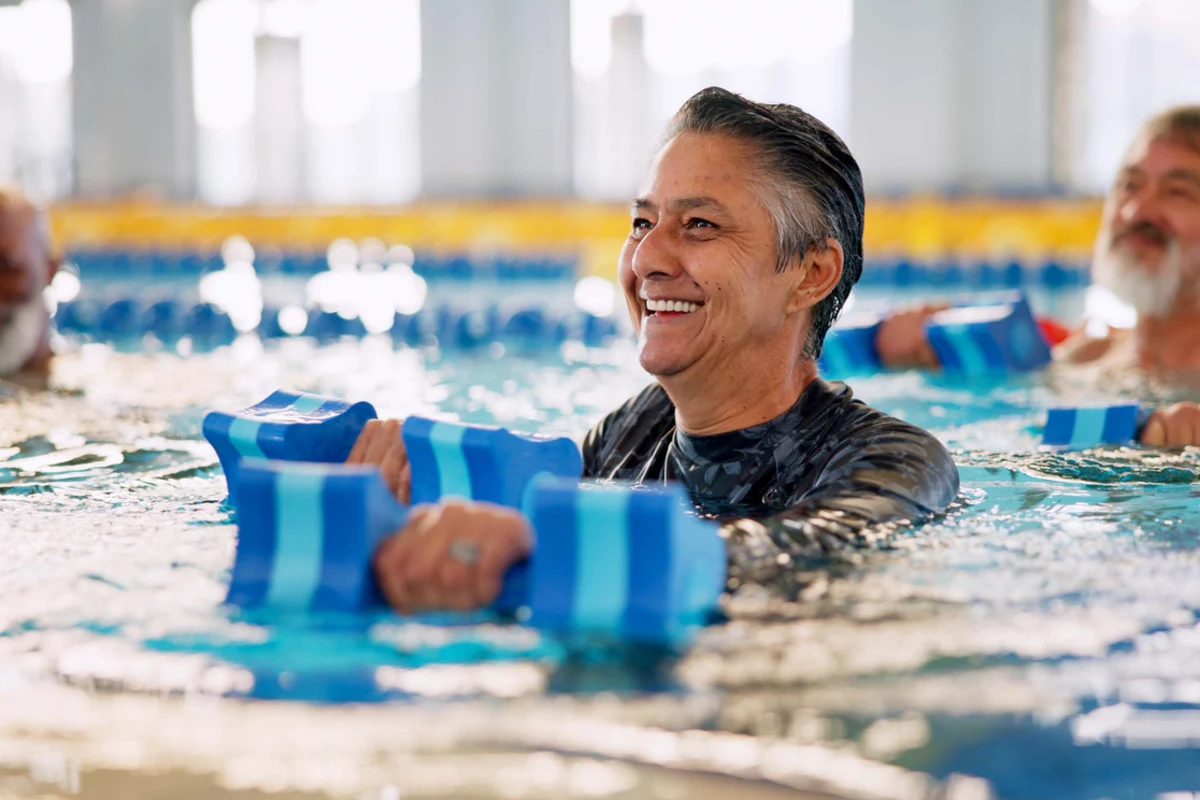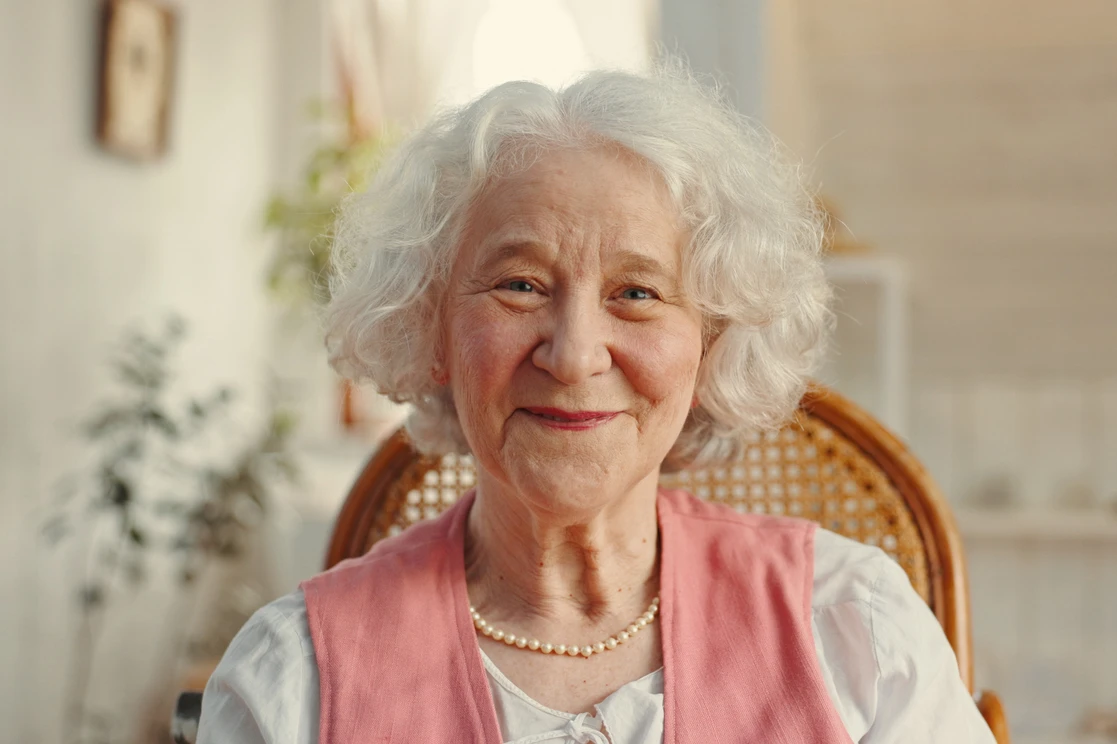
Hearing the words “dementia diagnosis” can feel like the ground just shifted beneath you. Maybe you had suspicions for a while — repeating questions, forgotten appointments, mood changes. Or perhaps it came as a shock during a routine checkup. Either way, the moment it becomes real is heavy.
You might be asking yourself: What happens next? What’s the best way to deal with dementia? How do I help my parent, spouse, or loved one stay safe and feel supported — without losing myself in the process?
The truth is, there’s no one-size-fits-all plan. But there are practical, meaningful first steps you can take after a dementia diagnosis to reduce stress, build support, and bring more ease into daily life.
At Carefield at Artesian of Ojai, we’ve walked alongside many families at this exact moment. If you’re feeling unsure of what to do next, you’re not failing—you’re facing something hard with love.
Understanding What the Diagnosis Means
Learning a loved one has dementia can stir up a wave of emotions: fear, confusion, and even grief. However, a diagnosis is also a chance to plan for treatment and preserve dignity, safety, and daily comfort.
So, what happens once dementia is diagnosed? It depends on the type. Alzheimer’s disease is the most common, but there are also other forms like vascular dementia, Lewy body dementia, or frontotemporal dementia. While each one progresses differently, they all share a gradual impact on memory, thinking, and behavior over time.
Learn About the Condition
Talk to the Doctor
Start by gathering information. Ask the diagnosing doctor:
- What type of dementia is it?
- How far along might they be?
- What changes should we watch for?
- What treatment options are available?
Write things down during appointments, and don’t hesitate to ask questions again later. It’s a lot to take in, especially at first.
Learn about Alzheimer’s Disease
Encourage your loved one to be part of the planning while they’re still able. Use resources like:
- Alzheimers.gov: Planning After Diagnosis
- Alzheimer’s and Related Dementias Education and Referral (ADEAR) Center – 800-438-4380
- Alzheimers.gov
- Alzheimer’s Association – 800-272-3900
- Alzheimer’s Foundation of America – 866-232-8484
Understanding the condition helps ease fear and makes decisions feel more grounded.
Begin to Create Daily Structure and Support
Dementia can cause confusion, especially when routines are disrupted. That’s why daily structure becomes essential.
At Carefield at Artesian of Ojai, we’ve seen how consistent rhythms — like shared meals, walks in the garden, or quiet music before bed — help residents feel more secure. They don’t have to remember what’s next. Their day flows gently.
Supportive Routines Might Include:
- Eating at the same time each day
- Light physical activity, like stretching or walking
- Quiet time or relaxing hobbies in the evening
- Regular sleep-wake cycles
When caregivers build routines early, they help delay stress-related behaviors like agitation or sundowning.
Start Legal and Financial Planning
Making legal and financial decisions early allows your loved one to stay involved in the planning while they still have the capacity to do so. It also helps reduce stress and confusion down the line.
According to Alzheimers.gov, these are some of the most important financial documents to consider:
- Durable Power of Attorney for Finances
Appoints someone to manage money matters, like paying bills, handling accounts, and making financial decisions, when the person with dementia is no longer able to.
- Last Will and Testament
This document details how a person’s property, money, and belongings will be handled after death. It may also include funeral arrangements or instructions for dependents.
- Living Trust
Name a trustee to manage assets on behalf of your loved one if they can no longer manage their own affairs. This helps simplify property transfers and financial decisions.
Get Help From Professionals
While finding legal templates online is possible, working with an elder law attorney ensures these documents are legally sound and specific to your state’s requirements. An attorney can also help clarify legal terms and recommend additional documents based on your situation.
To find support:
- Contact your local bar association
- Use directories such as the National Academy of Elder Law Attorneys
Starting these conversations early doesn’t just protect financial assets — it gives your loved one a voice in their care and dignity in supporting their progress.
Build a Support Network
Caring for someone with dementia is not a one-person job. And it’s okay, necessary, even, to lean on others.
What’s the Best Way to Deal With Dementia as a Family?
- Talk openly about the changes you’re noticing
- Share responsibilities so one person doesn’t carry the entire load
- Check-in emotionally — resentment and burnout often go unspoken
Find Emotional Support
There are caregiver support groups across Ventura County and online. These spaces help normalize what you’re feeling — and provide tips from people who’ve been through it.
Assess What Kind of Daily Care Will Be Needed
What Early Support Might Look Like
- Help with managing medications
- Reminders for meals or appointments
- Companionship and oversight
But over time, more help is usually needed. That’s when many families begin to ask: Would memory care offer a better daily life?
When to Consider a Memory Care Community
There’s no specific age or checklist. Instead, ask:
- Is your loved one still safe at home?
- Are you overwhelmed with daily care?
- Have there been episodes of wandering, confusion, or anxiety?
Memory care can provide steady support when these answers start to shift and relieve the pressure caregivers often carry silently.
At Carefield at Artesian of Ojai, we offer memory care designed for every stage of dementia. Our approach is calm, consistent, and personalized.
How Carefield at Artesian of Ojai Supports Families After Diagnosis
Calm, Familiar Rhythms
Each day follows a gentle structure, not rushed and never overwhelming. Residents feel secure in knowing what to expect.
Staff Who Understand Dementia
Our team is trained in dementia support, including redirection, reassurance, and behavior observation. Care is personal, not clinical.
Comfortable, Safe Living
From our secure walking paths to our single-story design, everything is designed to feel like home, with safety quietly built in.
Family-Focused Communication
We work closely with families, offering updates, support, and partnership through every stage.
You Don’t Have to Do It All at Once
There’s no perfect roadmap for dementia care — just small, steady steps forward. And each one you take now helps make tomorrow easier.
Support is available whether you’re just beginning to notice changes or responding to a recent diagnosis. At Carefield at Artesian of Ojai, our memory care team is here to walk with families gently, at their own pace.
And remember: what matters most isn’t doing everything, being present with the one you love.





